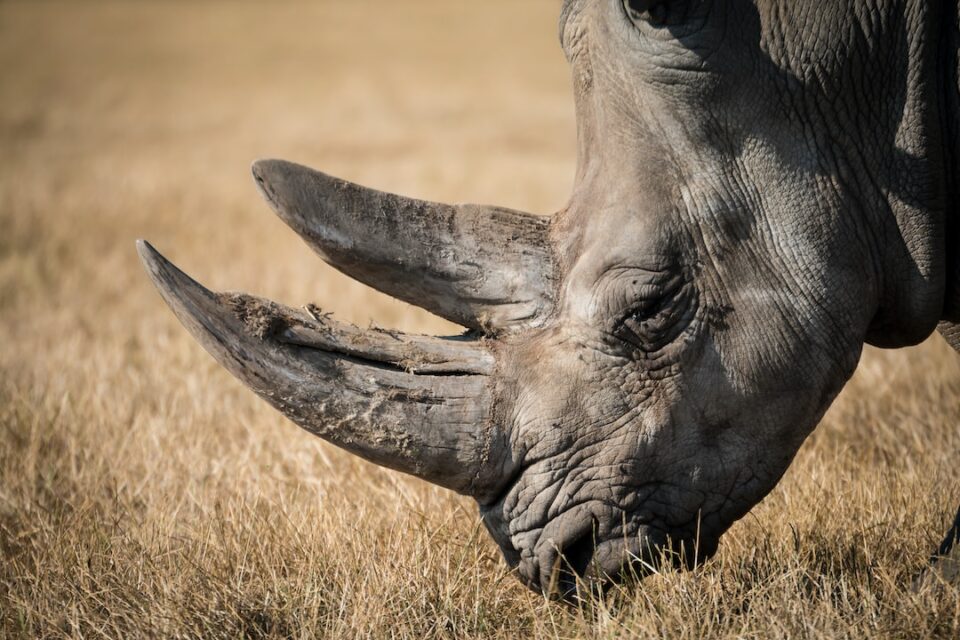Parenting is a challenging task, and every species has its own unique strategies to ensure the survival and well-being of their offspring. While humans have their own parenting techniques, it is fascinating to explore the diversity of parenting strategies across the animal kingdom. From the nurturing care of mammals to the unconventional methods of birds, there is much to learn from the different ways animals raise their young.
Let us begin by looking at the remarkable parenting strategies of mammals. Among mammals, none exemplify parental dedication more than elephants. Female elephants form strong social bonds and are known to be cooperative caretakers of the young ones. When a calf is born, the entire herd takes part in its protection and upbringing. Older females, referred to as “aunties,” assist the mother in rearing the calf by teaching it essential skills like finding food and water sources. This communal parenting ensures the survival and growth of the young elephant, highlighting the importance of extended family networks in the animal kingdom.
On the other hand, the marsupials have a parenting style that is truly unique. Kangaroos, for example, have pouches where their offspring, called joeys, develop and grow. The mother provides nourishment and protection while the young joey develops outside the womb. As the joey grows, it periodically ventures out of the pouch to explore its surroundings, but always returns for safety and nourishment. This distinctive way of parenting allows the mother to go about her activities while ensuring the safety and well-being of her offspring.
Birds, too, exhibit a wide range of parenting strategies, often pushing the boundaries of what we typically associate with parenting. Take the method of brood parasitism, for instance, employed by birds such as the cuckoo. Unlike most birds, the female cuckoo does not build a nest or care for its young. Instead, it lays its eggs in the nests of other bird species. The host bird, oblivious to the deception, then incubates the cuckoo eggs and feeds the hatchling as if it were its own. This unconventional strategy allows the cuckoo to free itself from the burden of parenting, while taking advantage of the nurturing instincts of other species.
Another bird species that demonstrates unique parenting behavior is the Emperor penguin. These incredible creatures face extreme conditions in Antarctica, including freezing temperatures and harsh winds. To survive and raise their young, Emperor penguins have evolved a remarkable strategy. After the female lays an egg, she transfers it to the male, who incubates it by balancing it on his feet and covering it with a warm fold of skin. As the male incubates the egg, the female embarks on a perilous journey to find food, returning several weeks later to take over parental duties. This role reversal allows both parents to forage and ensures the survival of their offspring in the harshest of environments.
Moving on to aquatic animals, seahorses deserve a special mention for their extraordinary child-rearing technique. In seahorses, it is the males who become pregnant, not the females. After an elaborate courtship ritual, the female deposits her eggs into a pouch on the male’s abdomen. The male seahorse then fertilizes the eggs and assumes the responsibility of nurturing the developing embryos. This unique role reversal is a testament to the diversity of parenting strategies in the animal kingdom.
The various parenting strategies employed by different animal species highlight the adaptability and resilience of life on Earth. From the cooperative care of elephants to the unconventional methods of birds, animals have evolved incredible parenting techniques to ensure the survival and well-being of their offspring. Understanding and appreciating these strategies can provide valuable insights into the diversity of life and inspire us as human parents to learn from and adapt to the needs of our own children.

